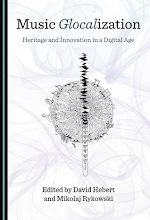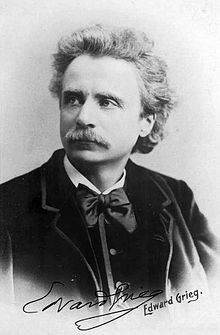According to renowned American economist and Nobel prizewinner Joseph Stiglitz, recent nondemocratic actions by the American government in response to the global economic crisis clearly indicate that “Market fundamentalism is dead.” Nevertheless, such a demise is hardly worth mourning, and indeed this may be an appropriate time to more carefully consider what can be learned from the economic models of other nations that enjoy a much higher quality of life, superior education, and increasing prosperity (regardless of whether the conditions of America’s wealthiest 5% are included in such comparisons). Nowadays, with repeated rejections of any new taxation - often due to understandable voter frustration regarding government corruption - many state governments in the USA are becoming bankrupt and increasingly incapable of effectively supporting arts programs, public schools and higher education. Meanwhile, international-comparative tests continue to demonstrate that assessable student knowledge in the USA has plummeted to academic levels inferior to most industrialized nations, jeopardizing the intellect of future generations, all while unnecessary wars are projected to cost 3 trillion dollars as well as an incalculable price in terms of damaged international relations. Rampant market fundamentalism has ensured that financial services, insurance providers, and military contractors attain unprecedented profits from exploitation of the most ignorant and vulnerable people, while media corporations (like Fox Broadcasting) offer "news" formats that promote distracting myths attuned to the agenda of corporate sponsors and serve to perpetuate market fundamentalist ideology, causing widespread frustration only to be combined with misinformation regarding the true source of these problems. Moreover, those who dare expose the truth are branded "unpatriotic liberals" or even "terrorists".
Even Alan Greenspan, former chairman of the Federal Reserve (and a clarinetist), was eventually forced to admit that free market ideology is fundamentally flawed. Still, this ideology continues to be promoted by poorly educated politicians and entertainers such as Sarah Palin and Glenn Beck, who enjoy remarkable popularity in the United States.
These are very complicated times in the United States, and it will be especially interesting to see over time how the challenges of this ethos are reflected in the music of such a turbulent era. Will the Britney Spears model survive, or will there be more interest in musical and lyrical substance? What effects will recent economic shifts have on the production, marketing, and distribution of music recordings? What forms of music will survive in American public schools? As market fundamentalism dies, we must envision what can arise from its corporate ashes, how this will affect other nations in the world and America's role among them, and whether - despite the pervasive meddling of anonymous campaign financiers - a transparent and egalitarian democracy might manage to prevail over exploitative globalization and predatory free market capitalism. With the demise of market fundamentalism, the feeble foundations of utilitarian educational policies are increasingly exposed, which surely leads to wider recognition that new approaches are needed, engendering new possibilities for the musical future of the United States.




















No comments:
Post a Comment